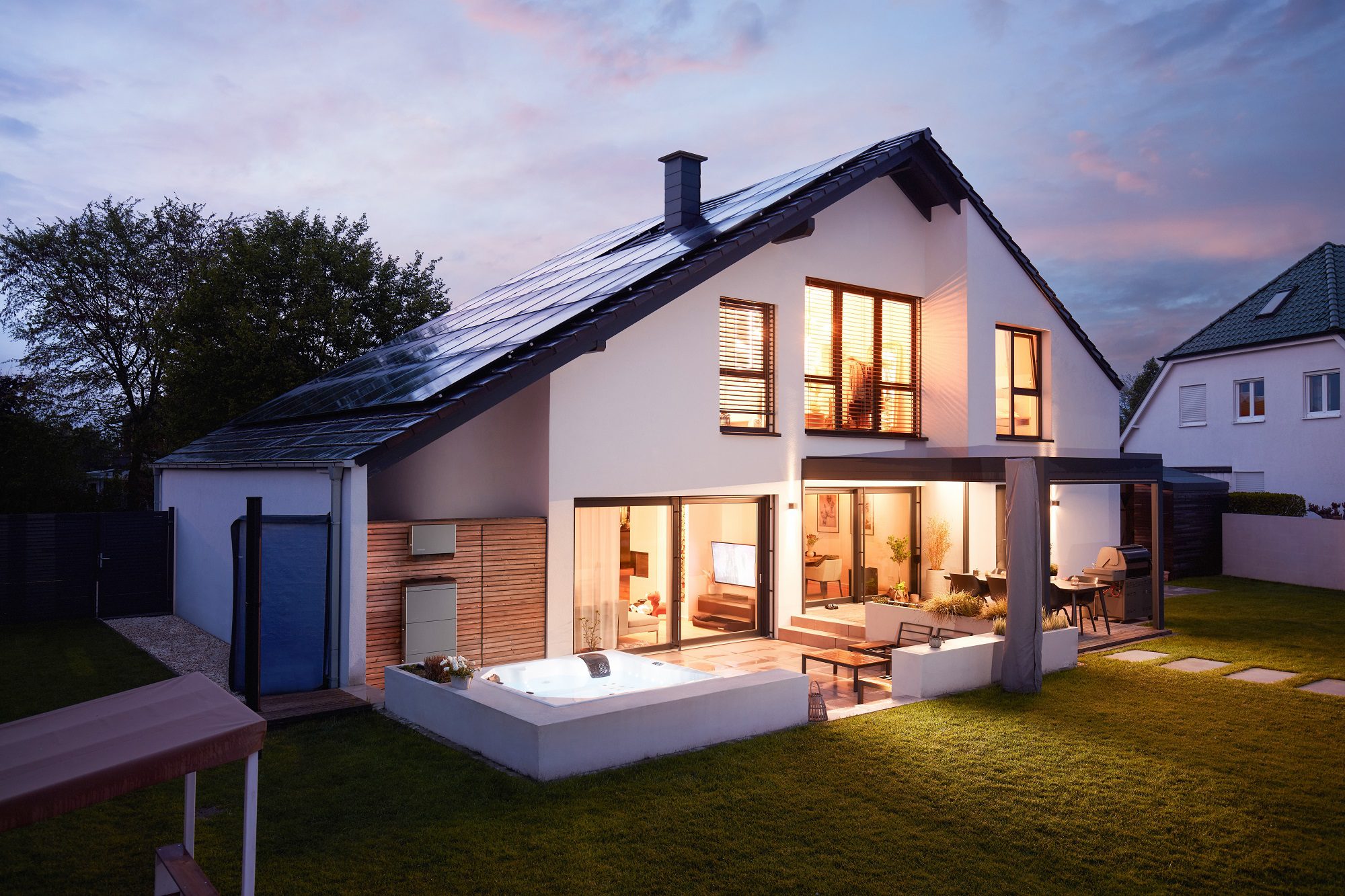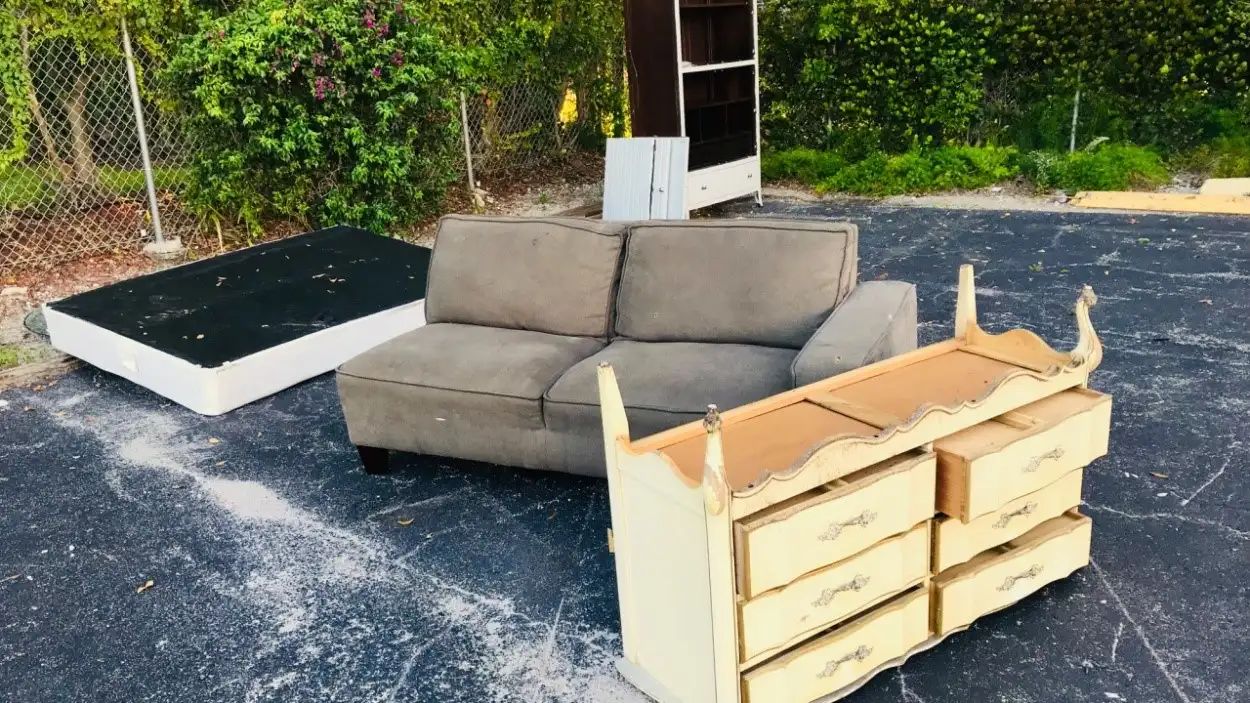When it comes to protecting your home from water damage, gutters play a crucial role. Gutters direct rainwater away from your roof and foundation, preventing erosion, flooding, and damage to your siding and landscaping. But with so many options available, choosing the right gutters for your home can be overwhelming. From materials to style, size, and installation, several factors come into play when selecting the best gutters.
In this article, we’ll explore the key considerations you should take into account when choosing gutters for your home. If you’ve been searching for gutters near me, this guide will help you make an informed decision.
1. Gutter Material
The first consideration when choosing gutters is the material they are made from. Different materials offer various benefits, and the right choice will depend on your budget, the style of your home, and the climate in your area.
– Aluminum: One of the most popular choices, aluminum gutters are lightweight, durable, and resistant to rust. They are affordable and easy to maintain, making them ideal for most homes. Aluminum gutters come in a variety of colors, so you can match them to your home’s exterior. This material is a great option if you’re looking for a balance between affordability and performance.
– Copper: Copper gutters are a more expensive option, but they offer unmatched aesthetic appeal and longevity. Over time, copper develops a beautiful patina that adds character to the home. They are highly durable and resistant to corrosion but may require more maintenance to preserve their appearance.
– Steel: Steel gutters are strong and durable, offering excellent resistance to impact and weather. Galvanized steel is coated with a layer of zinc to prevent rust, but over time, the coating can wear off. Stainless steel gutters are more resistant to rust and corrosion, but they are also more expensive than galvanized options.
– Vinyl: Vinyl gutters are an affordable choice, particularly for homeowners on a budget. They are lightweight, easy to install, and resistant to rust, but they can crack in cold weather or under heavy stress, such as from tree branches or debris. Vinyl is best suited for milder climates where the gutters won’t be exposed to extreme conditions.
When researching gutters near me, it’s essential to understand the materials available in your area, as some materials might be more readily accessible than others. Additionally, consider the climate and how it may affect the longevity of your chosen material.
2. Gutter Style
Gutters come in various styles, each offering different aesthetics and functions. The most common types are:
– K-Style Gutters: These are the most popular style of gutters, characterized by their flat bottom and decorative front that mimics the shape of crown molding. K-style gutters have a higher capacity for carrying water compared to traditional half-round gutters, making them ideal for homes in areas that experience heavy rainfall.
– Half-Round Gutters: As the name suggests, these gutters are shaped like a half-circle. While they are less common than K-style gutters, half-round gutters provide a more classic, rounded appearance and are often seen in historic or traditional-style homes. They tend to have a smaller capacity for water drainage compared to K-style gutters, so they may be better suited for homes with smaller roofs or areas that experience lighter rainfall.
– Box Gutters: These are custom-built gutters typically used in older or historical homes. They are installed inside the roofline and are less visible from the ground. While box gutters offer a seamless look, they require more maintenance due to their placement and potential for clogging.
The style you choose should complement your home’s architecture and match Ohio’s weather demands. When looking into Gutter Installation in Ohio, local experts can help you decide which gutter style fits your climate, roof type, and design goals.
3. Gutter Size
The size of your gutters is a critical consideration in ensuring proper water drainage. Gutters come in various widths, usually ranging from 4 to 6 inches, with larger gutters better suited for homes with a large roof surface area or areas that experience significant rainfall. A general guideline for choosing the right size gutter is based on the roof size and pitch.
– 4-inch Gutters: These are typically used for smaller homes with a less steep roof pitch. They are ideal for regions with moderate rainfall.
– 5-inch Gutters: This is the most common size used for standard homes. They offer good water-carrying capacity and are a reliable choice for most residential properties.
– 6-inch Gutters: Larger gutters are suitable for homes with larger roof areas, steep slopes, or regions with heavy rainfall. They can handle more water flow, preventing overflow during storms.
If you are looking for gutters near me, a local contractor can assess the size of your home and roofline to help you choose the right gutter size based on your specific needs.
4. Gutter Protection Systems
While gutters are designed to channel rainwater away from your home, they can easily become clogged with leaves, twigs, and debris, especially during autumn. Clogged gutters can lead to water overflow, causing damage to your roof, siding, and foundation. To prevent clogging and minimize maintenance, consider installing a gutter protection system, such as:
– Gutter Guards: These are mesh or screen covers that fit over your gutters, allowing water to flow through while blocking leaves and debris. They come in various materials, such as plastic, aluminum, or stainless steel.
– Gutter Covers: Gutter covers are more solid than guards, often made from aluminum or foam, and fit over the top of the gutter to prevent debris from entering the system. These are effective in preventing most types of debris from clogging your gutters.
When searching for gutters near me, inquire about the availability of gutter protection systems that suit your budget and local weather conditions. In areas with dense trees or heavy storms, investing in gutter protection can save you from frequent cleaning and potential damage.
5. Installation and Maintenance Costs
Cost is always an important consideration when choosing gutters. Installation costs can vary depending on the type of material, style, and size of the gutters, as well as the complexity of the installation. For example, copper gutters and custom installations are more expensive than standard aluminum gutters.
In addition to installation costs, it’s important to factor in maintenance costs. Gutters require periodic cleaning to ensure they are functioning properly, and certain materials or gutter protection systems may reduce the frequency and cost of maintenance.
When searching for gutters near me, it’s a good idea to get estimates from multiple contractors to compare prices and services. Consider whether the contractor offers warranties for the materials and installation, as this can help protect your investment in the long run.
6. Warranty and Guarantees
Most reputable gutter contractors offer warranties on both the materials and installation. Be sure to ask about the length of the warranty, what it covers, and any conditions that apply. A good warranty can provide peace of mind, knowing that you’re protected in case of defects or installation issues.
Conclusion
Choosing the right gutters for your home involves more than just picking a color and style. Factors such as material, size, and gutter protection should all be considered to ensure that your gutters function effectively and protect your home from water damage. If you’ve been searching for gutters near me, take the time to research local options and speak with contractors who can help guide you through the selection process. By carefully considering these factors, you can invest in a gutter system that enhances your home’s durability, aesthetics, and overall value.








